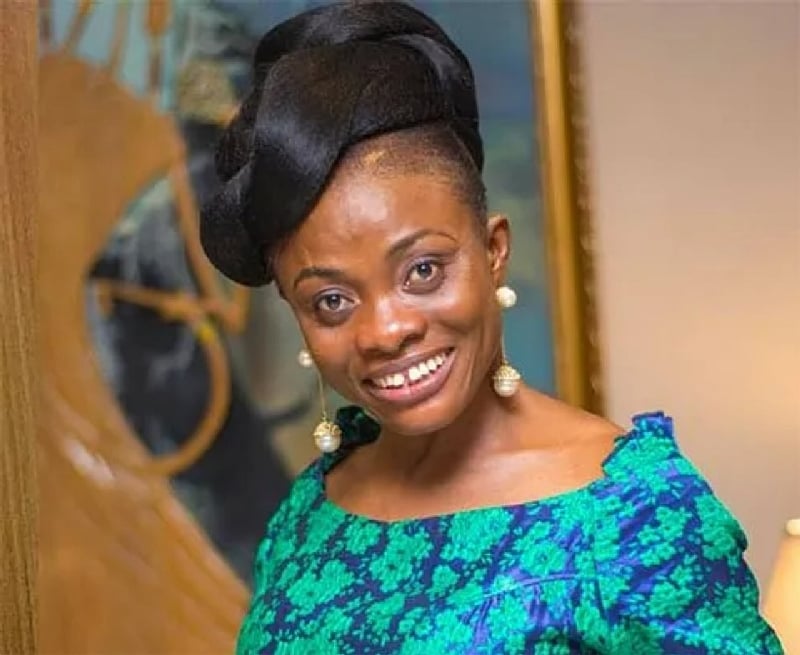Diana Asamoah, a prominent Ghanaian gospel musician and avowed supporter of the New Patriotic Party (NPP), has responded to public speculation regarding her livelihood following the party’s electoral defeat in the 2024 elections. Many Ghanaians, aware of her open affiliation with the NPP, questioned whether her access to opportunities and resources would diminish with the change in political power. Asamoah addressed these concerns in a widely circulated video, emphasizing her unwavering faith in Christ as the ultimate provider, regardless of political circumstances. She conveyed her conviction that her sustenance is not tied to any political party but rather to her relationship with God, asserting that she will continue to thrive even with the NPP in opposition.
Asamoah’s statement reflects a broader theme of faith versus political patronage often observed in the intersection of religion and politics. She positions her faith as a shield against economic hardship, suggesting that her spiritual connection supersedes the influence of political affiliations. This perspective counters the narrative that political alignment guarantees economic prosperity, implying that her blessings stem from a higher power rather than political connections. Her confidence in her continued success, even with the NPP out of power, challenges the perception that artists or individuals who openly support political parties are solely dependent on their party’s influence for their well-being.
The gospel musician’s declaration also touches upon the sensitive issue of perceived political favoritism in the allocation of resources and opportunities. She boldly proclaims that she expects to receive contracts and work opportunities despite her party’s loss at the polls. This assertion suggests a belief in her inherent value and capabilities, independent of political patronage. It further implies that her professional success is not contingent on the NPP’s political power, but rather on her own merits and God’s favor. Her statement, however, could also be interpreted as a veiled critique of a system where access to opportunities might be unduly influenced by political affiliations.
Asamoah’s statement, while seemingly personal, resonates within the larger socio-political context of Ghana. It underscores the complex interplay between religion, politics, and economic opportunities within the country. Her unwavering faith, despite the political shift, exemplifies how religious beliefs can provide a sense of security and resilience in times of uncertainty. Her confidence in her continued prosperity, irrespective of the political landscape, could be interpreted as a message of hope and self-reliance, particularly for those whose livelihoods may be perceived as tied to the fortunes of a specific political party.
Furthermore, Asamoah’s assertion that she will receive contracts and work despite the NPP being in opposition raises questions about the nature of her business dealings. Her reference to owning a company suggests entrepreneurial endeavors beyond her musical career. This raises the possibility that her anticipated contracts are not solely dependent on political connections but rather on the merits of her business ventures. It also highlights the potential for diversification and self-sufficiency as a means to navigate the uncertainties of the political landscape. Her statement could also encourage others to cultivate diverse income streams and not solely rely on potentially fleeting political patronage.
In conclusion, Diana Asamoah’s response to the NPP’s electoral defeat provides a glimpse into the intricate relationship between faith, politics, and economics in Ghana. Her unwavering faith in God’s provision, coupled with her confidence in securing future work contracts, presents a multifaceted narrative. It speaks to her personal beliefs, her entrepreneurial aspirations, and the broader socio-political context where access to opportunities can sometimes be perceived as intertwined with political affiliations. Her statement, while seemingly personal, invites reflection on the roles of faith, self-reliance, and the potential pitfalls of political patronage in navigating the complexities of life and livelihood.


